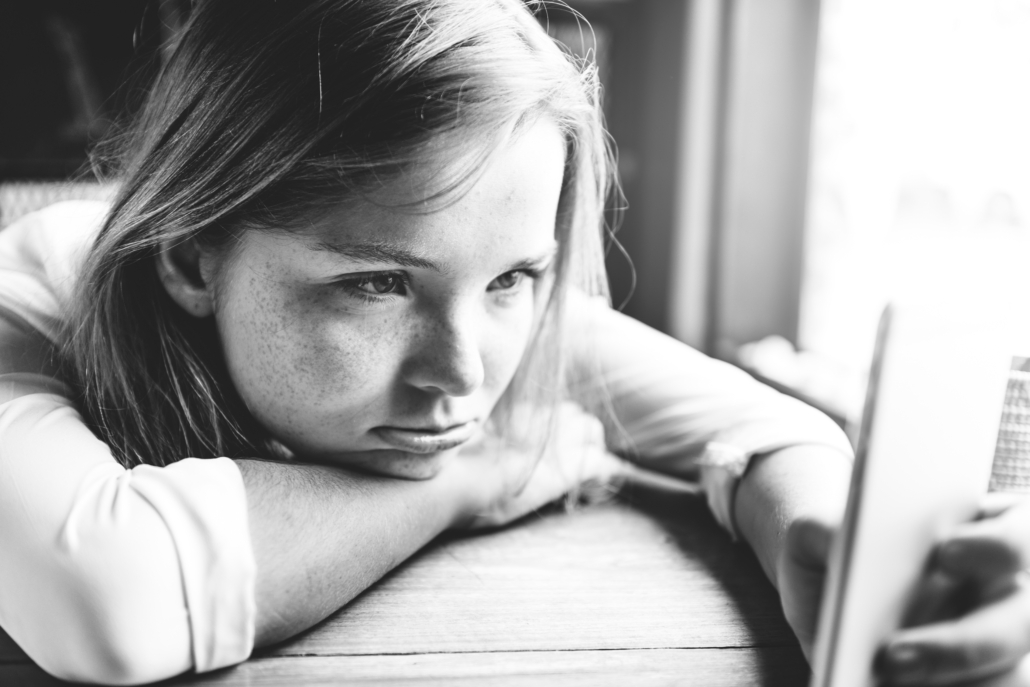Breaking the Silence on Sibling Sexual Abuse
Childhood sexual abuse is already a difficult topic to discuss, but when the abuser is a sibling, it becomes even more complex and rarely spoken about. Sibling sexual abuse (SSA) is one of the most underreported and misunderstood forms of abuse, yet it occurs far more frequently than many realize.
In this episode of from Trauma to True Love, I sat down with my dear friend “Jane” (not her real name), who bravely shared her experience of surviving sibling sexual abuse. I’ve known Jane for over 30 years, and her resilience has always inspired me. She has navigated the pain, confusion, and lasting effects of this trauma with strength, and today, she’s speaking out to help others who might still be struggling in silence.
In this conversation, we discuss:
- How sibling sexual abuse impacted Jane’s childhood, self-perception, and relationships.
- The ways in which her relationships in adulthood mirrored her early trauma.
- The role of guilt, shame, and confusion in her healing journey.
- How her father discovered what was happening and how her family reacted.
- The importance of speaking up, finding support, and breaking the cycle of secrecy.
Jane’s Story: The Hidden Reality of Sibling Sexual Abuse
For years, Jane carried the burden of her past alone, unsure of how to make sense of what happened to her. She shared with me that her brother’s behavior was incredibly confusing—during the day, he was cruel and dismissive, but at night, he was affectionate and kind. This emotional whiplash left her feeling trapped in a dynamic she didn’t understand.
One of the most heartbreaking aspects of sibling sexual abuse is that survivors often blame themselves. Jane recalled feeling guilt and shame, wondering if she had somehow been responsible. Unfortunately, this is common among survivors, as childhood trauma often distorts a person’s ability to recognize that they were victims, not participants.
The abuse eventually ended when Jane’s father discovered what was happening. His realization led to a shift in family dynamics, but the damage had already been done. Jane had to navigate the complexities of family relationships, including her connection to her abuser, while also finding a way to heal from the deep wounds left behind.
The Long Shadow of Trauma: How SSA Affects Adult Relationships
Jane spoke about how the patterns established in childhood showed up later in her adult relationships. She found herself in dynamics that mirrored the emotional pain of her early years—partners who were dismissive and unkind, relationships that made her question her worth.
She wasn’t alone in this experience. Many survivors of childhood sexual abuse struggle with:
- Attracting emotionally unavailable or abusive partners.
- Struggling with self-worth and confidence in relationships.
- Feeling guilt or shame about asserting their needs.
- Sabotaging relationships due to deep-seated fears of vulnerability.
When trauma happens within the home—within the family system—it can be particularly difficult to heal. Unlike abuse from an outsider, SSA often forces survivors to navigate complicated relationships with their families, many of whom may not acknowledge or understand the abuse.
The Healing Journey: Moving from Guilt to Freedom
I asked Jane about her healing journey—what helped her move forward, what allowed her to reclaim her life after years of internalized shame.
Therapy played a crucial role. One of the most significant moments for her was during a therapy session when she finally told her mother what had happened. That conversation, although painful, was a turning point.
Another moment of healing came from our own conversations over the years. Jane shared that a discussion we had many years ago helped her let go of the guilt she had been carrying. Knowing she wasn’t alone, that someone understood her pain, was life changing.
This is why breaking the silence is so important. I’ve discovered that when survivors keep their pain locked away, it continues to hold power over them. But when they speak up, when they find safe spaces to share their truth, the past loses that hold. This was true in my own journey.
Breaking the Cycle: What Needs to Change
As we talked, I became even more aware of what needs to change in society’s understanding of sibling sexual abuse.
-
We Need to Teach Children the Right Words and How to Speak Up
Many children don’t have the vocabulary to explain what’s happening to them. Jane mentioned that when she tried to tell an adult, she said, “He’s bothering me.” But that wasn’t enough for someone to recognize the severity of the situation.
Parents and caregivers must teach children the correct terms for their bodies and create an environment where they feel safe reporting any discomfort, no matter how small it may seem.
-
Parents Must Be Willing to See What’s Happening
Many parents don’t believe that abuse can happen within their own home, especially between siblings. But denial only allows abuse to continue unchecked. Parents need to be willing to recognize warning signs and take action.
-
Support Systems Need to Be Stronger
Many survivors of SSA don’t seek help because they fear being dismissed, disbelieved, or judged. More education and awareness are needed to ensure that survivors have access to the support and validation they need to heal.
Final Thoughts: You Are Not Alone
If you take one thing away from this conversation, let it be this: you are not alone, and you are not to blame. Sibling sexual abuse is an incredibly difficult experience, but healing is possible.
There is support out there, and the more we talk about it, the more power we take back from the past.
Resources for Support:
If you or someone you know is struggling with the impact of sibling sexual abuse, here are some resources that may help:
- RAINN (Rape, Abuse & Incest National Network) – 24/7 confidential support
- National Sexual Assault Hotline: 1-800-656-HOPE (4673)
- The National Child Traumatic Stress Network (NCTSN)
- 1in6.org – Support for male survivors of sexual abuse
Thank you for reading and for being part of this conversation. The path from Trauma to True Love starts with having courageous conversations like these, and I’m honored to have you here.
Until next time, remember: Your story matters. Your voice is powerful. And healing is possible.







